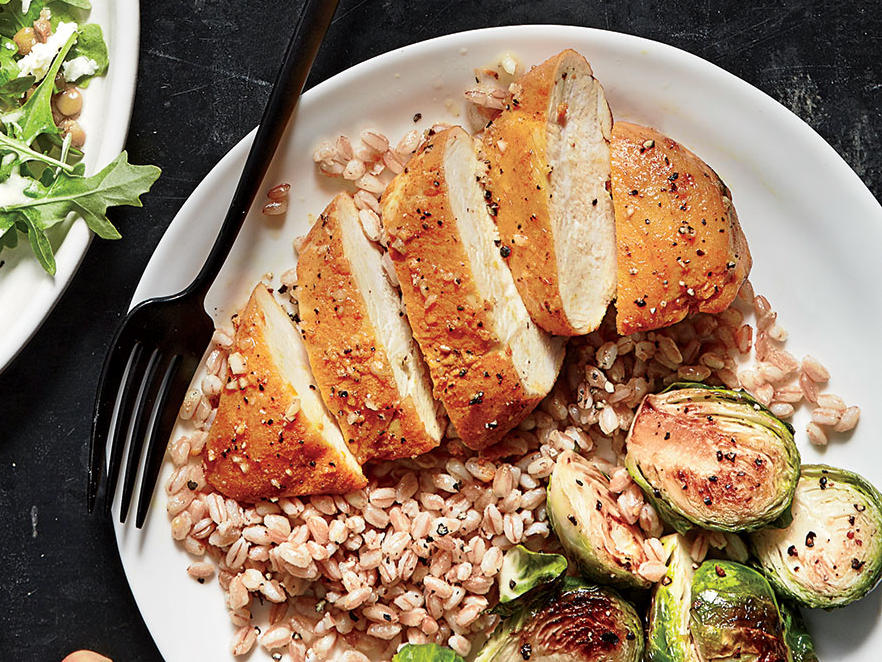Similarly, the European Union banned the import of chlorinated American chicken in 1997, owing to concern that a chlorine wash allows lower hygiene standards in farms. Arguments over chlorinated chickens also proved a big stumbling block in negotiations for the Transatlantic Trade and Investment Partnership, a now-failed trade deal between America and the EU. Some Britons fear that if they leave the EU any trade deal signed with America would require them to accept imports of such chickens.
同樣,歐盟在1997年禁止進口氯化美國雞肉,因為擔心用氯清洗會降低農場的衛生標準。關于氯化雞的爭論也被證明是《跨大西洋貿易與投資伙伴關系協定》談判中的一大障礙。某些英國人擔心脫歐后,與美國簽署的任何貿易協議都將要求他們接受此類雞的進口。
Although the chicken boom has been good for consumers, animal-welfare advocates worry that the meat industry’s costcutting measures have come at the expense of the birds. Vicky Bond of the Humane League, an animal-welfare campaign group, says the size of modern chickens is the cause of the worst problems. Broilers have breast muscles which are too big for their bones to support, leading to lameness. In Colchester the chickens are so unresponsive to humans that they resemble zombies. Indeed, modern chickens have become so big that their muscles prevent them from getting on top of each other to mate (meaning they have to be starved before they are able to consider romance).
盡管養雞熱潮對消費者有利,但是動物福利倡導者擔心,肉類行業的成本削減措施是以犧牲禽類為代價的。動物福利運動組織人道聯盟的維姬·邦德說,現代雞的大小是造成最嚴重問題的原因。肉雞的胸肌太大,骨頭無法支撐,導致跛足。在科爾切斯特,雞對人毫無反應,就像僵尸一樣。事實上,現代雞已經變得非常大,以至于其肌肉阻止相互交配(這意味著他們想要愛情必先挨餓)。

Partly because of advocacy by animalwelfare charities, and partly because meat has become so affordable, more consumers are now willing to pay for meat raised in better conditions. Sales of free-range and organic chickens, which—unlike most broilers—have access to the outdoors, are surging. In the Netherlands, a recent public outcry over enormous plofkip (which translates as “exploded chicken”) was so intense that retailers switched in droves to breeds that grow more slowly. Plofkip’s share of the Dutch market plummeted from around 60% in 2015 to 5% in 2017. In Britain sales of free-range eggs have overtaken those of caged ones.
部分原因是動物福利慈善機構的倡導,還有部分原因是雞肉價格很低,如今,越來越多的消費者愿意為在更好條件下飼養的肉類買單。自由放養和有機雞的銷量正在飆升,而與大多數肉雞不同的是,有機雞可以在戶外飼養。最近,荷蘭公眾對體型巨大的“plofkip”(意為“爆炸雞”強烈抗議,使得零售商紛紛轉向生長速度較慢的品種。Plofkip在荷蘭市場的份額從2015年的60%暴跌至2017年的5%。在英國,土雞蛋的銷量已經超過了籠養雞蛋。












